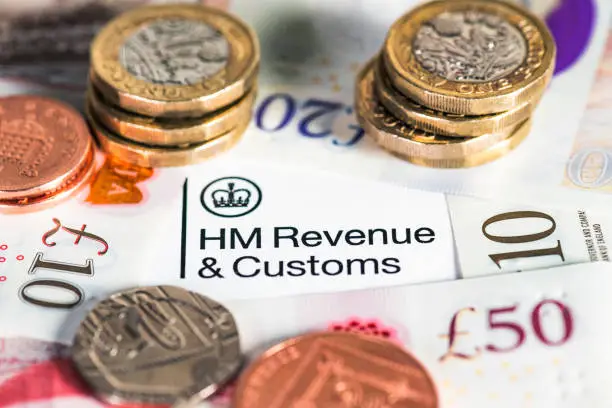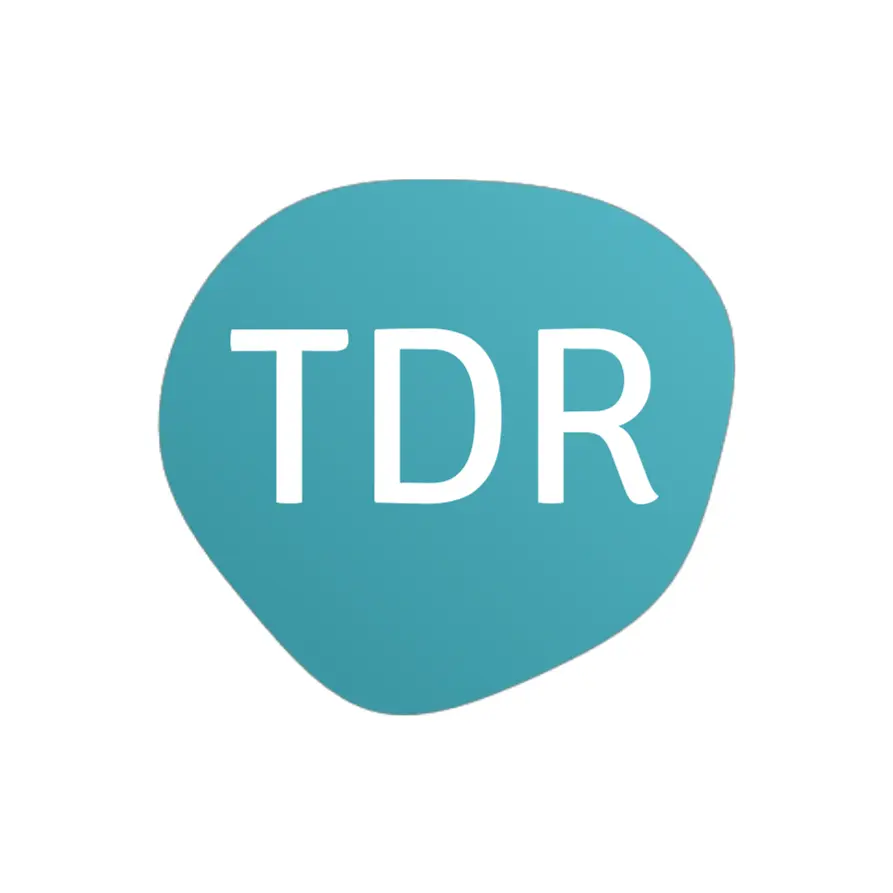Navigating the Complexities of Customs in the UK

Navigating the complexities of customs can be daunting for businesses operating in the United Kingdom. Here, Trade Duty Refund has compiled a list of frequently asked questions (FAQs) to help you understand and streamline your interactions with HM Revenue & Customs (Her Majesty’s Revenue and Customs or HMRC).
Are you a global retailer or e-commerce platform selling goods into the UK? Check out some of these key questions, and remember that Trade Duty Refund supports customers in understanding UK customs processes and claiming back duties paid through liaising with the HMRC.
1. What is HMRC?
HMRC is the UK government department responsible for collecting taxes, administering benefits, and regulating customs and excise duties. They ensure that the correct duties and taxes are paid on goods brought into and sent out of the UK. For more detailed information, visit the official HMRC website.
2. Do I need to register with HMRC for customs purposes?
Yes, if your business imports or exports goods outside the UK, you need to register with HMRC. You’ll need an Economic Operator Registration and Identification (EORI) number, which is used to track and register customs information within the EU and internationally. You can find more on how to register on the UK Government’s EORI page.
3. How do I get an EORI number?
You can apply for an EORI number online through the HMRC website. Ensure you have all relevant business information on hand, such as your VAT number (if applicable) and company details. It typically takes a few days to process the application. Detailed steps can be found on the EORI application guide.
4. What are customs declarations, and do I need to make them?
Customs declarations are detailed statements of what goods are being imported or exported, their origin, and their destination. If you import or export goods, you must submit customs declarations to HMRC, usually through the Customs Declaration Service (CDS). Learn more about making customs declarations from the Customs Declaration Service.
5. What is the Customs Declaration Service (CDS)?
The CDS is the system used by HMRC to handle customs declarations. It replaced the older CHIEF (Customs Handling of Import and Export Freight) system and is designed to handle increased trade volumes and compliance with international standards. For more information on CDS, visit the HMRC’s CDS guidance page.
6. How do I classify my goods for customs purposes?
Goods must be classified using the Harmonized System (HS) codes, which are internationally recognized numbers that identify goods. Correct classification is crucial as it determines the duty and taxes applicable. You can find a comprehensive list of HS codes on the UK Trade Tariff tool or seek assistance from a customs broker.
7. What duties and taxes might I need to pay?
Import duties, VAT, and excise duties (for certain goods like alcohol and tobacco) may apply. The amount depends on the type and value of the goods, their origin, and any applicable trade agreements. To calculate potential costs, you can use the UK Government’s duty calculator.
8. Can I reduce my duty liability?
Certain schemes and agreements, such as the Generalised Scheme of Preferences (GSP) or Free Trade Agreements (FTAs), can reduce or eliminate duties on specific goods. You may also be able to claim back duties if you pay twice, for example, with returned items. Ensure you meet the criteria and have the necessary documentation to claim these benefits. More details on duty reliefs can be found on the HMRC’s reliefs and preferences page.
9. What is a customs broker, and do I need one?
A customs broker is a specialist who helps businesses with customs clearance, ensuring compliance and handling declarations. While not mandatory, using a broker can save time and ensure accuracy, especially for complex or high-volume trade. For a list of licensed customs brokers, you can visit the British International Freight Association (BIFA) directory.
10. Where can I get more help?
HMRC provides extensive online resources, including guides and webinars. Additionally, consider consulting with customs experts or attending industry-specific training to stay updated on best practices and regulatory changes. Check out HMRC’s webinars and seminars for more information.
Trade Duty Refund can help you understand some of these steps and support you in claiming back customs duties from processing returned items. Set up a discovery call to get started!
